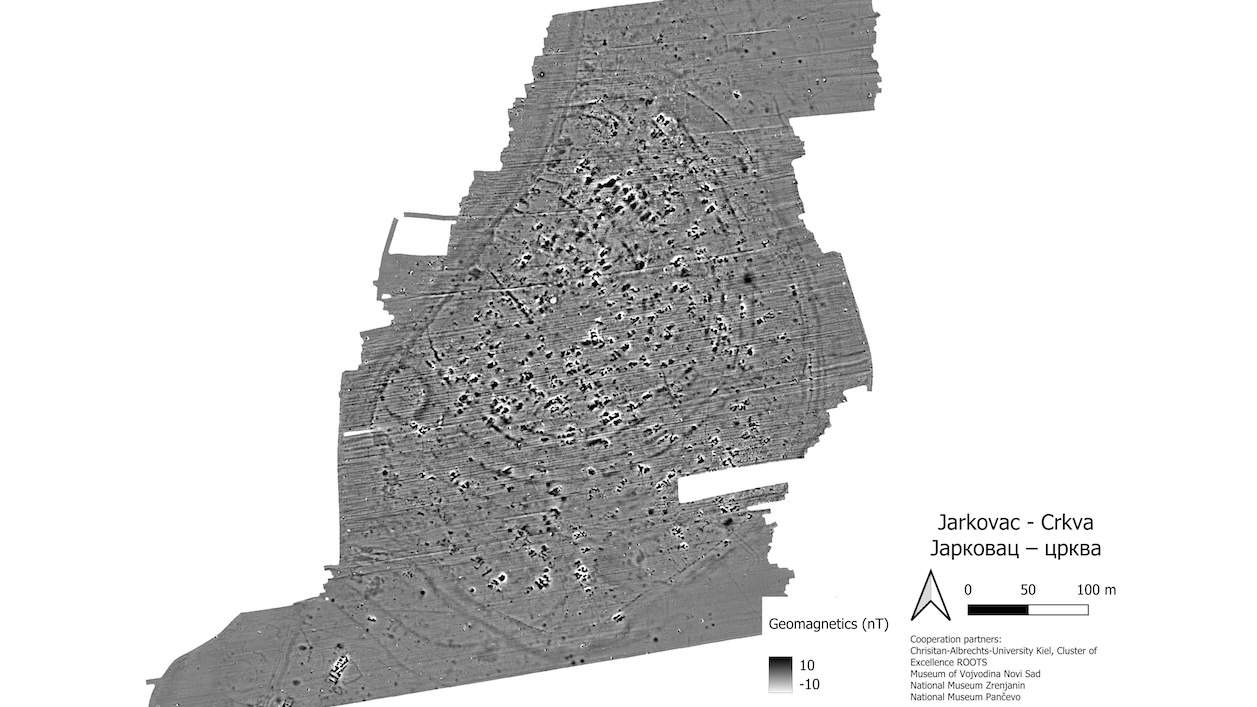Biology, Vol. 13, Pages 301: Unveiling Lovastatin’s Anti-Inflammatory Potential in Mouse’s Brain during Acute Trypanosoma cruzi Infection
Biology doi: 10.3390/biology13050301
Authors: Beatriz Matheus de Souza Gonzaga Líndice Mitie Nisimura Laura Lacerda Coelho Roberto Rodrigues Ferreira Samuel Iwao Maia Horita Daniela Gois Beghini Vanessa Estato Tania Cremonini de Araújo-Jorge Luciana Ribeiro Garzoni
Neurological commitment is a neglected manifestation of Chagas disease (CD). Meningoencephalitis mainly affects children and immunosuppressed patients, while stroke can occur with or without cardiac compromise. One of the possible causes of stroke development is microvascular commitment. Our group previously described that experimental Trypanossoma cruzi acute infection leads to cerebral microvasculopathy. This condition is characterized by decreased capillary density, increased leukocyte rolling and adhesion, and endothelial dysfunction. CD was discovered 114 years ago, and until today, only two drugs have been available for clinical treatment: benznidazole and nifurtimox. Both present a high cure rate for the acute phase (80%) and small cure rate for the chronic phase (20%). In addition, the high occurrence of side-effects, without proper medical follow-up, can result in treatment abandonment. Therefore, the search for new therapeutic schemes is necessary. Statins are drugs already used in the clinic that have several pleiotropic effects including endothelial function improvement, anti-inflammatory action, as well as trypanocidal effects, making them a potential alternative treatment for brain microvasculopathy in CD. Here, we investigate the effect of lovastatin (LOV) on brain microvasculopathy and inflammatory parameters. Swiss Webster mice were intraperitoneally inoculated with the Y strain of T. cruzi. Treatment with lovastatin (20 mg/kg/day) was initiated 24 h after the infection and continued for 14 consecutive days. We observed that LOV treatment did not affect parasitemia, brain microcirculation alterations, or the reduction in cerebral blood flow caused by T. cruzi infection. Also, LOV did not prevent the increased number of CD3+ cells and eNOS levels in the T. cruzi-infected brain. No alterations were observed on VCAM-1 and MCP-1 expressions, neither caused by infection nor LOV treatment. However, LOV prevented the increase in F4/80+ cells and ICAM-1 levels in the brain caused by acute infection with T. cruzi. These results suggest an anti-inflammatory activity of LOV, but more studies are needed to elucidate the role of LOV in CD acute infection.

 1 week ago
52
1 week ago
52


